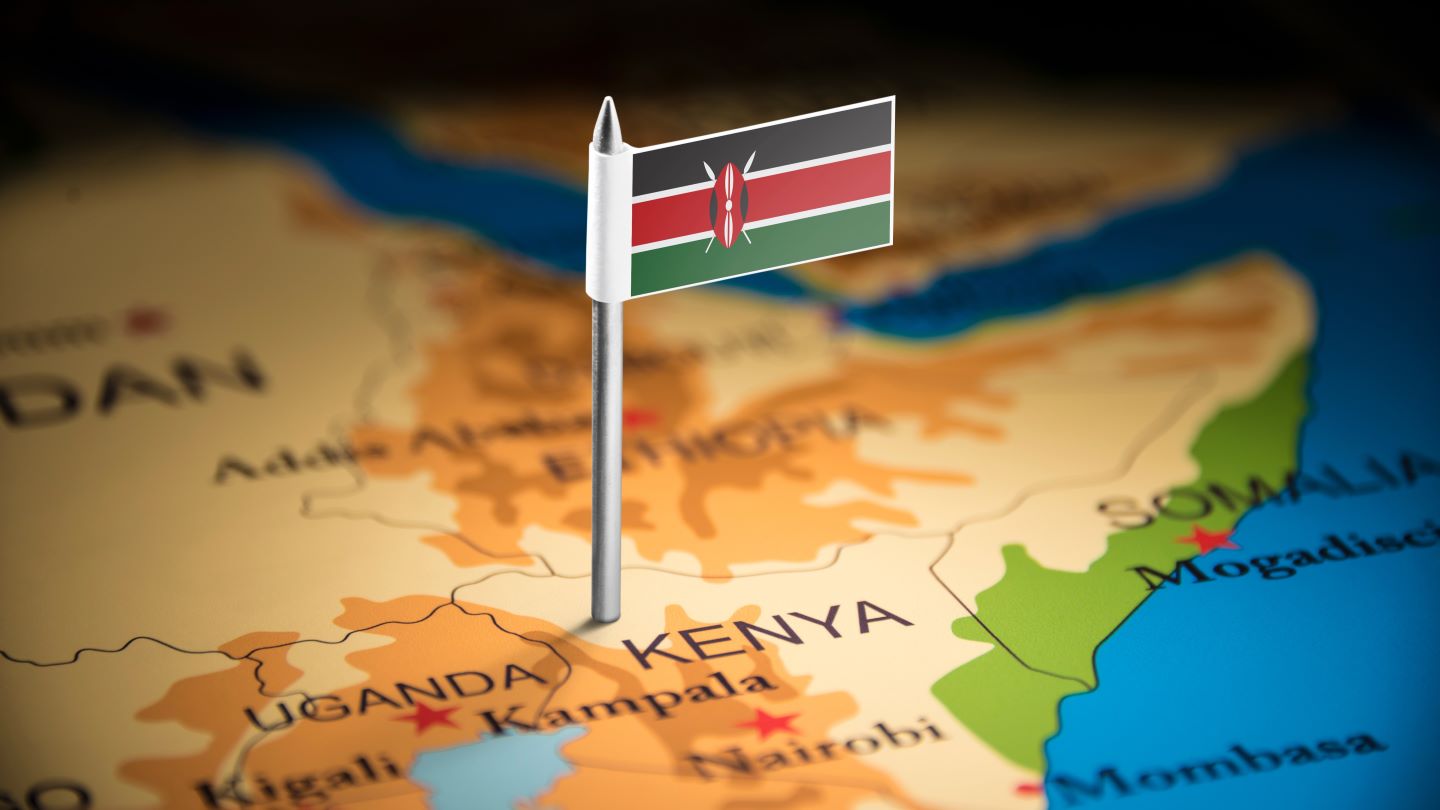Bawumia urges Cambridge African students to lead smart formalisation drive | Education
Former Vice-President Dr. Mahamudu Bawumia, has issued a bold and compelling call for African nations to embrace digital transformation through what he terms “smart formalisation”—a strategic, digitally-driven approach to rebuilding public administration, modernising economic systems, and delivering efficient services.
During an interaction with African students at the Cambridge Africa Business Conference to inspire them under the theme “Africa’s Digital Transformation: Building Resilient Economies Through Innovation,” Dr. Bawumia tackled the structural barriers impeding African development and called for a fundamental shift in how innovation is scaled, rewarded, and retained across the continent.
He used his personal examples to fire their imaginations to become the next change makers on the continent using smart formalisation as a pathway
Africa’s innovation is not the problem—scaling it is
Dr. Bawumia began his address by challenging the prevailing narrative that Africa is innovation-poor.
On the contrary, he insisted, the continent is brimming with ideas, creativity, and ambition—but lacks the systems and ecosystems necessary to transform these assets into sustainable growth.
“Africa does not lack innovation.
We lack systems that scale it. We do not lack ideas. We lack ecosystems that reward and retain them. We do not lack ambition. We lack access to capital, infrastructure, and trust,” he declared to resounding applause.
He pointed to the paradox of African ingenuity: while the continent has birthed countless homegrown solutions and dynamic entrepreneurs, these efforts are often stifled by poor infrastructure, limited financial access, fragmented institutions, and weak support mechanisms.
According to Dr. Bawumia, what Africa needs now is to institutionalise innovation—to build scalable, resilient platforms that reward creativity, fund new ventures, and allow successful models to be replicated across borders.
He envisioned a future where African enterprises—like a fintech startup in Nairobi or a shea butter cooperative in Tamale—seamlessly serve clients in São Paulo or Tokyo, leveraging tools like blockchain and global e-commerce platforms.
Innovation as the norm, not the exception
For Africa to fully realize this vision, Dr. Bawumia argued, the continent must stop treating innovation as a one-off marvel and start embedding it into everyday governance and commerce.
He called on African leaders, institutions, and investors to create environments where innovation is not the exception but the norm.
These environments, he said, must be underpinned by digital infrastructure, trust, interoperability of systems, and policies that reward risk-taking and long-term investment.
He emphasized that Africa’s economic transformation cannot be powered by isolated brilliance, but by systems designed to multiply that brilliance at scale, across geographies and generations.
Smart formalisation: A game-changing strategy
Dr. Bawumia’s central proposal for overcoming Africa’s development hurdles is what he called “smart formalisation”—a systemic integration of digital tools and identity frameworks to enable more effective governance and inclusive economic participation.
“Let me quickly dive into what I believe presents the greatest opportunity to surmount these challenges and turn them into progress,” he said.
“The solution will have to be one that accelerates Africa’s development… In short, it is what I term ‘smart formalisation’. In this regard, digital transformation is not just a policy aspiration—it is a necessity for resilience.”
This approach, he explained, involves using modern technology—such as biometric identity systems, digital addresses, mobile payments, and interoperable databases—to bring citizens into a transparent, data-driven system where they can be accurately identified, efficiently served, and properly taxed.
Such systems, Dr. Bawumia noted, generate a “virtuous cycle”: governments can deliver better services; citizens are more likely to engage with the state; corruption is minimized; and economic data becomes more reliable, paving the way for smarter policymaking.
Addressing deep-rooted structural challenges
Reflecting on the developmental lag faced by many African nations even after decades of independence, Dr. Bawumia offered a sobering inventory of the continent’s persistent challenges: lack of unique citizen identification, non-existent or unstandardized property address systems, high dependence on cash transactions, financial exclusion, inefficient credit scoring, and the burden of high interest rates.
He also lamented the continued fragmentation of government databases, inefficient health systems—especially in rural areas—and widespread tax non-compliance, all of which, he said, have conspired to perpetuate low productivity, high unemployment, and endemic poverty.
These obstacles, Dr. Bawumia argued, are not insurmountable. With the right digital interventions, Africa can leapfrog traditional development models and establish smart, inclusive economies that rival those in the developed world.
A digital blueprint for inclusive growth
Drawing parallels to post-World War II reconstruction in Europe and Asia, Dr. Bawumia noted that African countries now have access to exponential technologies, such as artificial intelligence, blockchain, mobile internet, and cloud computing, that can radically redefine development pathways.
He emphasised that African governments must go beyond digital pilot projects and fully embed technology into the core of their public sector reforms and economic planning.
Digital ID systems, like Ghana’s Ghana Card initiative, national e-payment platforms, tax digitalisation, electronic medical records, and credit scoring engines must be part of a unified national strategy that integrates both formal and informal actors in the economy.
By doing so, Dr. Bawumia argued, African states can unlock new levels of public sector efficiency, private sector expansion, and citizen empowerment.
Political will and private partnership
While the vision of “smart formalisation” is ambitious, Dr. Bawumia insisted it is achievable—provided African governments demonstrate the political will to invest in digital infrastructure and collaborate with the private sector.
He also urged development partners, technology providers, and global investors to reimagine Africa not as a continent in perpetual crisis but as a frontier of solutions and opportunities.
“Africa’s story is not one of despair—it is one of potential waiting to be scaled,” he concluded.
“We do not need charity. We need systems. We do not need sympathy. We need smart strategies. And we must build them now, for the future of our continent depends on it.”
As Africa confronts mounting economic pressures, geopolitical shifts, and demographic surges, Dr. Bawumia’s message at the Cambridge Africa Business Conference strikes a timely and strategic chord.
The future of the continent, he suggests, will not be defined by its problems, but by its ability to design and scale the systems that turn innovation into transformation.
With the right blend of visionary leadership, digital infrastructure, and inclusive governance, Africa could be poised to build the most agile, resilient, and future-ready economies of the 21st century.










